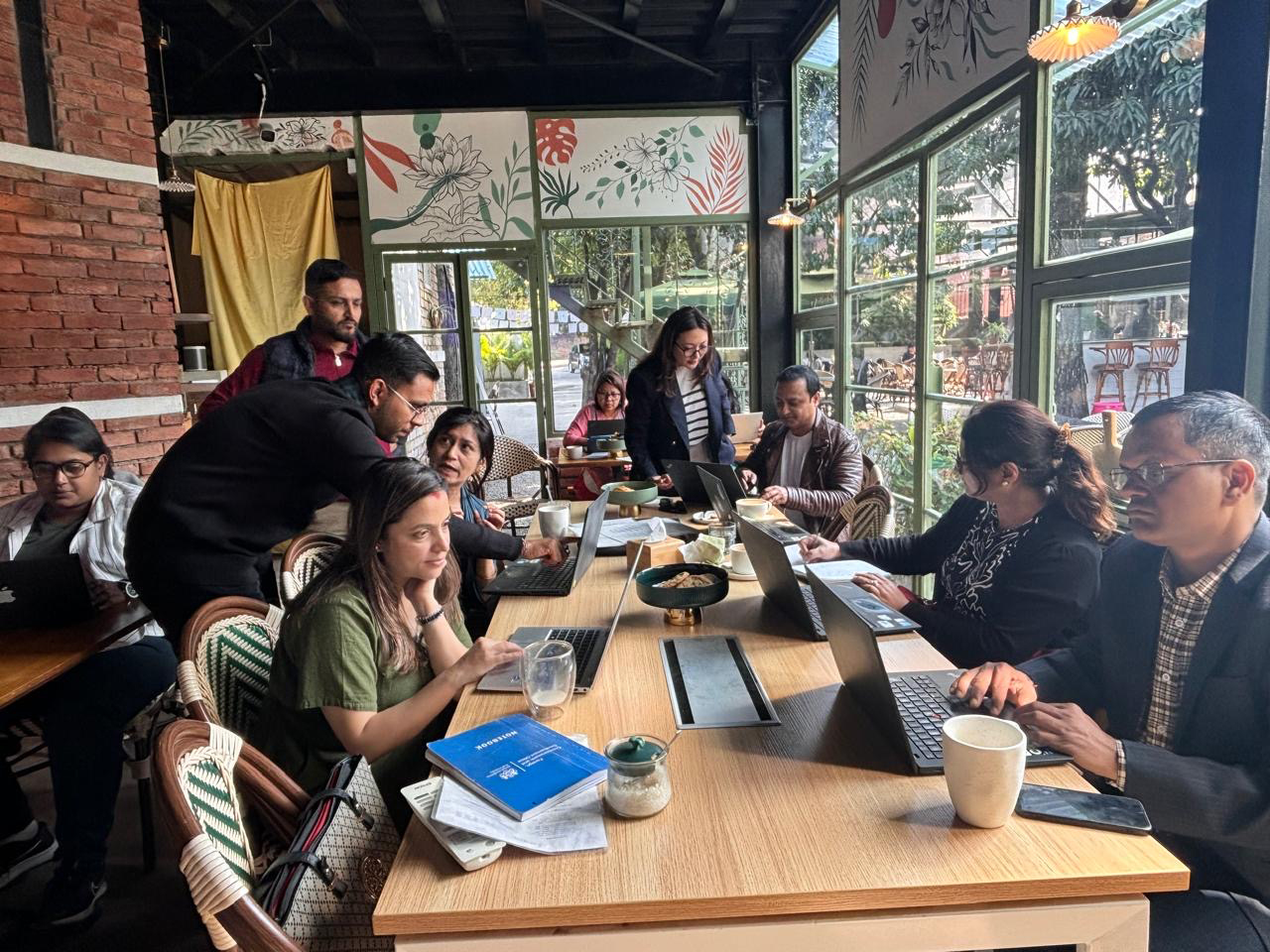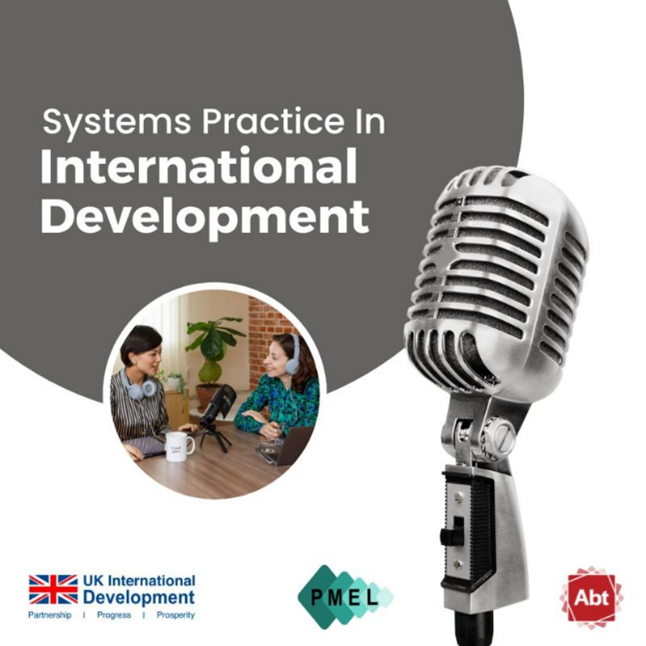IMPACT
Strengthening portfolio coherence and effectiveness
If there is one problem that PMEL was designed to solve, it was a ‘siloed’ approach to aid delivery. Its comprehensive view of FCDO Nepal’s portfolio—who is doing what, where, when, and in collaboration with which stakeholders—facilitated stronger coordination and coherence across projects, programs, and people, so they could leverage each other’s work. PMEL also examined delivery approaches across the portfolio, from how the UK Embassy engages with stakeholders to support local leadership, to how FCDO deploys technical assistance to bolster government systems.
This enabled PMEL to inject consistency into approaches to learning and adaptation. For example, we helped build a shared understanding of adaptive management by facilitating key discussions and offering tools that strengthen adaptive management in practice. These efforts improve programming effectiveness, with the ultimate goal of expanding impact.
PMEL Nepal painted the big picture, asking questions like, ‘Is the balance of portfolio support across the layers of government right?’ to enable portfolio dialogues. This innovation can change the ‘mental models’ that attach people to siloed ways of thinking and working.
WHY IT MATTERS
Adaptive management improves effectiveness
In the dynamic world of international development, an adaptive PMEL function responds to shifting donor priorities and organisational changes, supporting and reinforcing clients’ strategic agendas.
The PMEL experience shows that institutionalising a learning function is a sure way to prioritise collective portfolio-level learning and planning. FCDO is taking its model to other facilities across the world, including in Nigeria and Kenya.
Through patience, effective relationships, and constant and consistent presence, PMEL Nepal helped widen the focus from trees to the forest, from individual project siloes to the whole FCDO Nepal portfolio.
Project
Portfolio Monitoring, Evaluation and Learning (PMEL) Nepal
Client
Portfolio Monitoring, Evaluation and Learning (PMEL) Nepal

